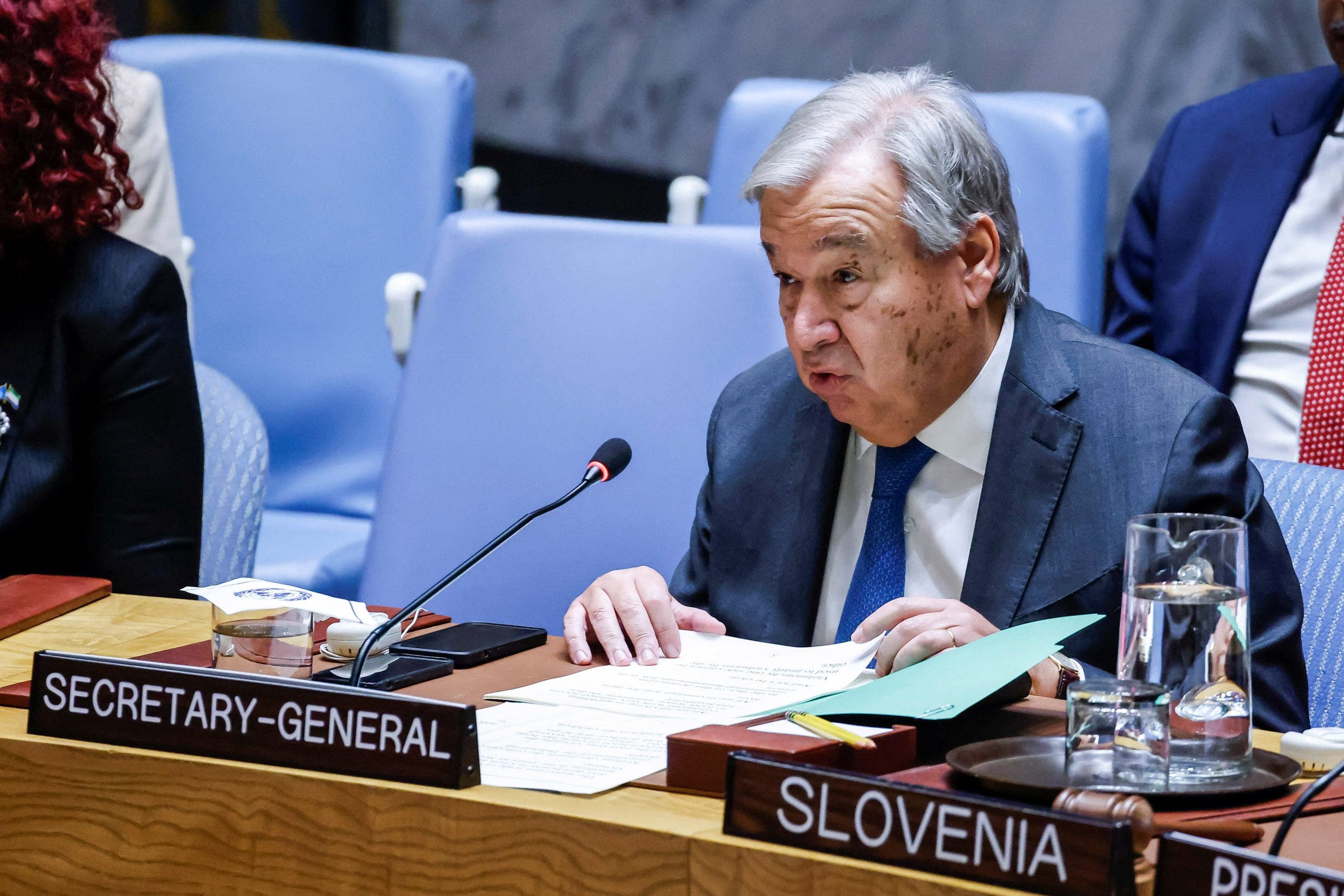Berlin Conference Highlights Support for UN Peacekeeping in Africa

More than 130 countries and international partners convened in Berlin for a high-level ministerial summit, demonstrating strong support for UN peacekeeping efforts through pledges of military, technological, and political assistance. UN Secretary-General António Guterres emphasized the growing challenges faced by peace operations and the necessity for adaptation to address modern threats.
The two-day conference, hosted by the German government, drew over 1,000 participants, including defense and foreign ministers, to reaffirm their commitment to the UN's pivotal role in maintaining global peace and stability. The summit concluded with numerous pledges, encompassing 88 military and police units, specialized training programs, investments in emerging technologies, and enhanced strategic communications.
Secretary-General Guterres underscored the critical importance of 'blue helmets' in conflict zones, stating they often represent the difference between life and death. He asserted that the world needs the United Nations now more than ever, and the UN requires peacekeeping operations that are well-equipped to handle current realities and future challenges. Germany, a consistent supporter of UN missions in South Sudan, Lebanon, and Western Sahara, pledged €82 million (approximately $91.7 million) in funding, along with commitments to training, renewable energy solutions, and drone technology. German Defense Minister Boris Pistorius affirmed Germany's unwavering support for UN peacekeeping efforts.
A total of 74 UN Member States made specific commitments, ranging from providing uniformed personnel to offering training and strategic support. These pledges included bolstering military and police units with airlift and rapid deployment capabilities (53 national contributions), specialized training (59), technological enhancements (18), advancing the Women, Peace and Security Agenda (38), and enhancing safety and protection (16). Eleven countries also committed to improving accountability and conduct, including support for the trust fund for victims of sexual exploitation and abuse, while eight nations supported the UN's efforts to counter misinformation through strategic communications.
During a press conference following the meeting, Secretary-General Guterres acknowledged the increasingly complex and dangerous environment in which peacekeepers operate, citing a record number of global conflicts, the targeting of peacekeepers by drones and improvised explosive devices (IEDs), and the rising threat from disinformation campaigns. He emphasized the need to re-evaluate the mandates guiding these operations and to adapt missions to specific contexts. The UN chief also stressed the importance of consistent financial support, noting that many missions face cash flow shortages due to delayed payments from Member States. He urged all Member States to fulfill their financial obligations promptly and in full.
The Berlin meeting contributes to the UN's broader reform efforts, including an ongoing Review of Peace Operations announced in last year's Pact for the Future, aimed at enhancing the flexibility, cost-effectiveness, and relevance of peacekeeping and peace enforcement. This year's Ministerial also coincides with the 80th anniversary of the United Nations and the 10-year anniversary of the 2015 New York Summit on Peacekeeping, following similar high-level meetings in Accra, Seoul, Vancouver, and London. Peacekeeping remains a highly visible UN activity, with over 61,000 uniformed personnel from 119 countries currently deployed across 11 missions, supported by over 7,000 civilian staff.








